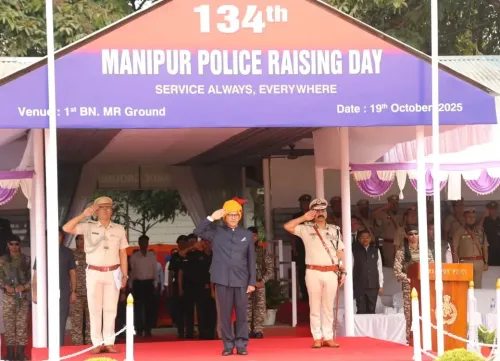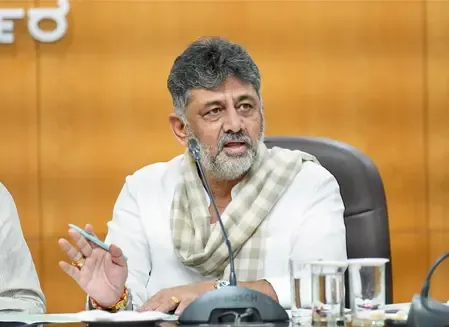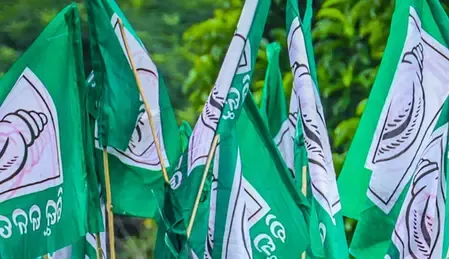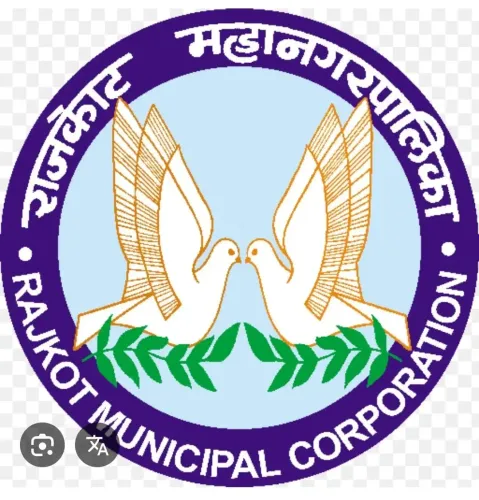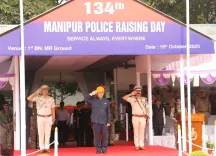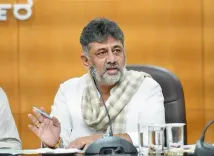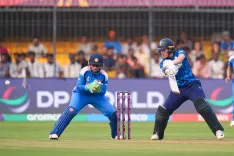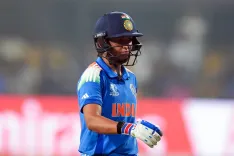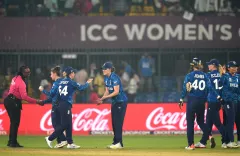Should NSCN-IM Leader Muivah Apologize to Nagas for His Past Mistakes?
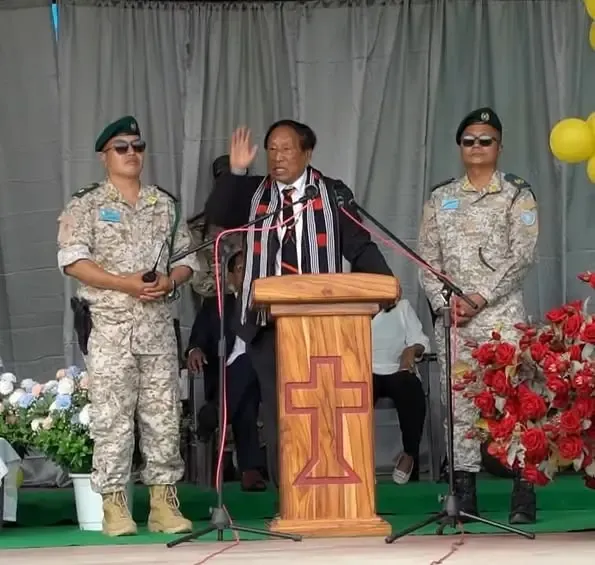
Synopsis
Key Takeaways
- Muivah’s visit marks the first in 50 years.
- The ZUF demands accountability for historical grievances.
- Concerns regarding internal divisions within Naga society persist.
- The impact of an apology could be significant for community relations.
- The future of Naga nationalism is at a critical juncture.
Imphal, Oct 19 (NationPress) Just days before the highly awaited return of NSCN-IM General Secretary Thuingaleng Muivah to Manipur, a Naga organization has called on him to issue an apology to the Naga community for his previous errors during his homecoming on October 22.
Preparations are underway for the much-anticipated visit of the Isak-Muivah faction of the National Socialist Council of Nagalim (NSCN-IM) leader Muivah to his birthplace in Ukhrul district after a span of 50 years.
The nonagenarian NSCN-IM chief is set to return to his native village, Somdal, in the Tangkhul Naga-dominated Ukhrul district on October 22. According to a statement from the Zeliangrong United Front (ZUF), Muivah will arrive at his village “empty-handed” 55 years after embarking on a mission for Naga freedom.
“There is no justification for glorifying someone who has 'failed' the Nagas in all aspects,” remarked Louis Gangmei, Secretary of Information and Publicity for ZUF. The statement continued, “Muivah has been directly responsible for the targeting of numerous individuals. He instigated the brutal killings of several prominent leaders under the guise of Naga nationalism and sovereignty. He sanctioned arson in villages for tax collection or in conflicts with the Indian Army, while it was the common Nagas who bore the brunt of these actions.”
The ZUF highlighted that ordinary people across Naga-inhabited regions in Manipur have been suffering while Muivah and his close associates have been “traveling from one international location to another.” The organization, which also possesses an armed faction, asserted that the NSCN (I-M) leader “must offer an unreserved apology to the Nagas for the transgressions of the past.”
Past calls for an apology from Muivah have also come from various Naga leaders, including church members. The ZUF previously accused the NSCN (I-M) of a “deliberate pattern of targeted persecution” against the Zeliangrong people, which encompasses the Zeme, Liangmai, and Rongmei Nagas. They cautioned that continued confrontations could result in divisions within Naga society.
The Naga organization noted that reports suggest that the NSCN-IM has already set up camps in Zeliangrong areas with intentions to control territories, enforce extortions, and impose illegal taxes along the National Highway and Trans-Asians railways.
The ZUF statement characterized Muivah’s planned visit as a deceptive maneuver to revive the waning spirit of Naga nationalism; through misleading propaganda, he aims to pursue his own political ambitions under the banner of Naga sovereignty. This is merely a desperate ploy. The 2015 Framework Agreement was misrepresented to the Naga populace and has not provided a genuine resolution, they stated.
“Thus, we urge the Naga community, especially the Zeliangrong people, to remain alert against such empty political propaganda,” the statement concluded.
In Manipur, the districts inhabited by the Naga population include Tamenglong, Chandel, Ukhrul, Kamjong, Noney, and Senapati, situated along the borders of Nagaland and Myanmar.

